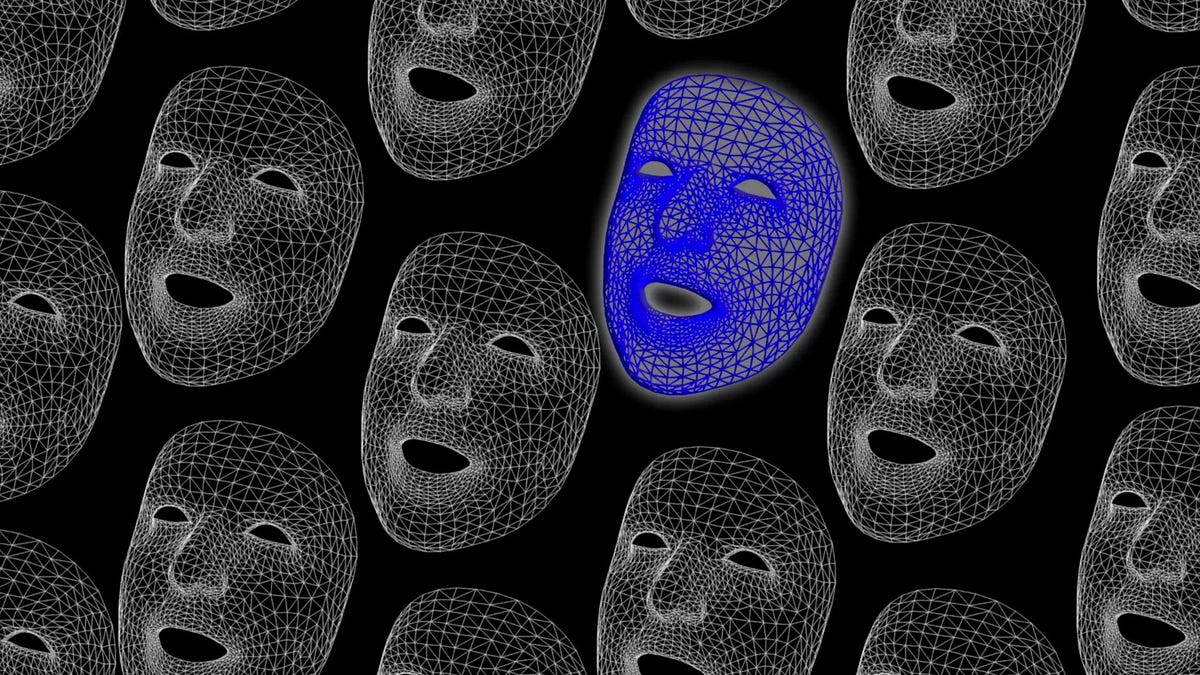US agencies must track which facial recognition systems they use, report says
Several federal agencies don't know which systems their employees use, according to the Government Accountability Office.

Twenty US government agencies use facial recognition technology, but more than half of them are unaware which system they're using, a federal watchdog said in a report. A few have their own databases, but the majority use non-federal systems like Clearview AI, Vigilant Solutions or Amazon's Rekognition.
The Government Accountability Office surveyed 42 agencies' facial recognition use from January 2015 through March 2020. All 14 agencies that reported using the tech in criminal investigations used non-federal systems, but only one -- US Immigration and Customs Enforcement -- could track which one it used.
"Thirteen federal agencies do not have awareness of what non-federal systems with facial recognition technology are used by employees," the GAO report said. "These agencies have therefore not fully assessed the potential risks of using these systems, such as risks related to privacy and accuracy."
Six agencies -- including the FBI and Postal Service -- reported using the technology on images of unrest following George Floyd's May 2020 murder, and three agencies reported using it on images of the Jan. 6 US Capitol riot. The FBI used the tech to identify suspects in the latter incident after setting up a digital media tip line.
The GAO recommended that agencies set up processes to track which systems their employees are using.
The use of facial recognition software in law enforcement has been the subject of controversy, especially after a report said the programs disproportionately misidentified women and people with dark skin tones, incorrectly flagging them as matches to photographs.
Some US cities, including San Francisco, banned government use of facial recognition, and Amazon extended its moratorium on selling Rekognition to law enforcement agencies in May.

